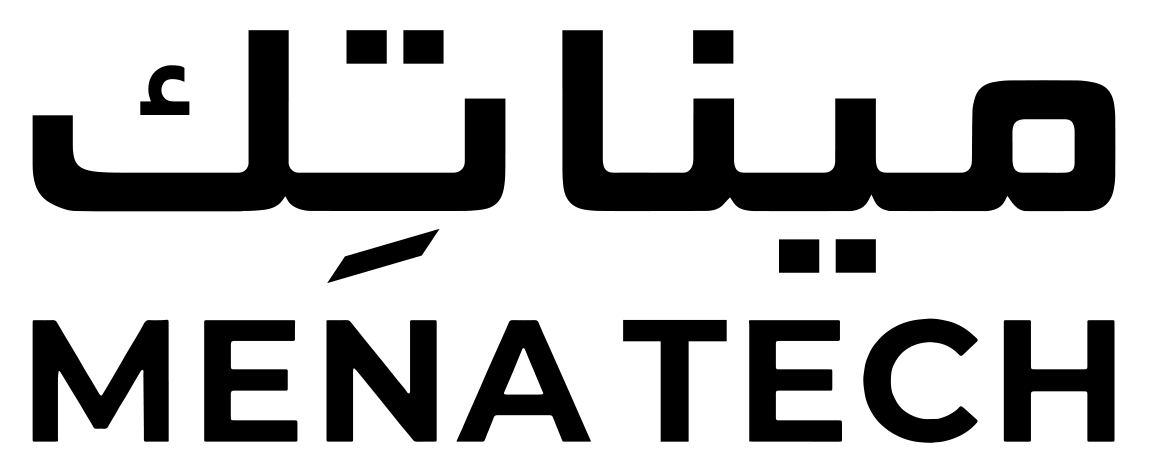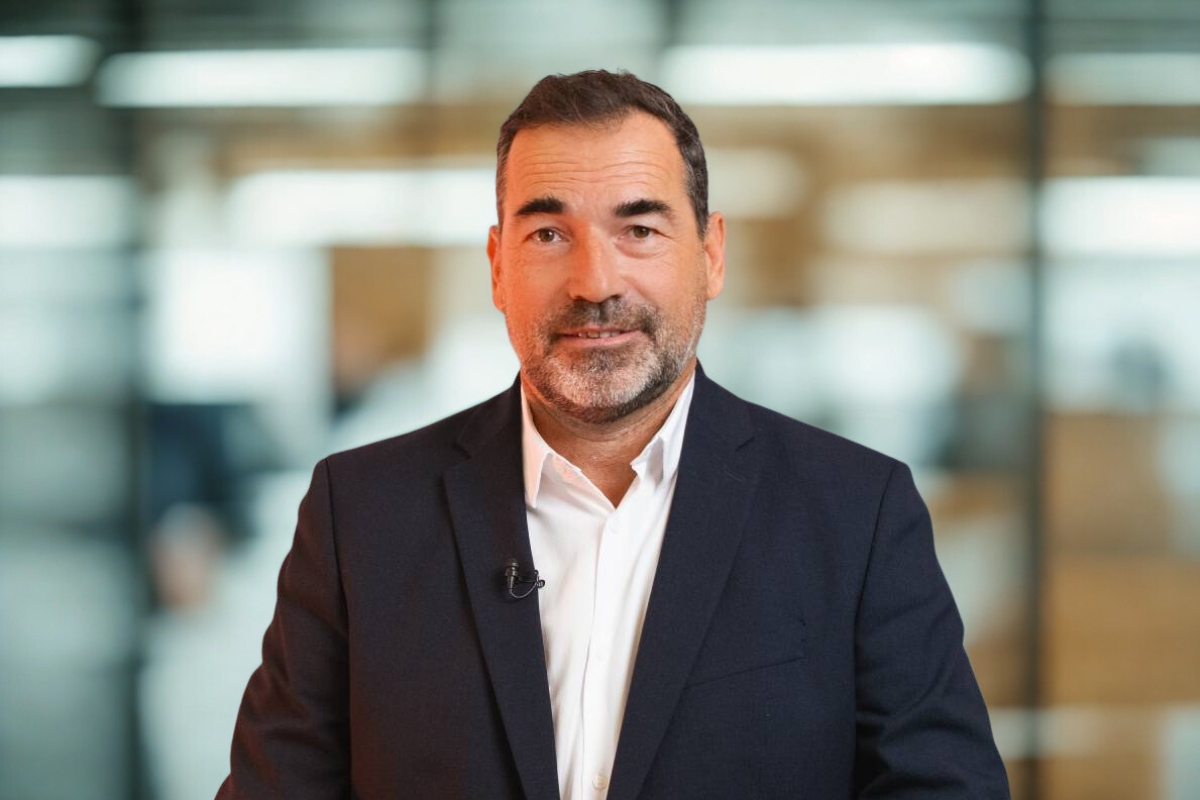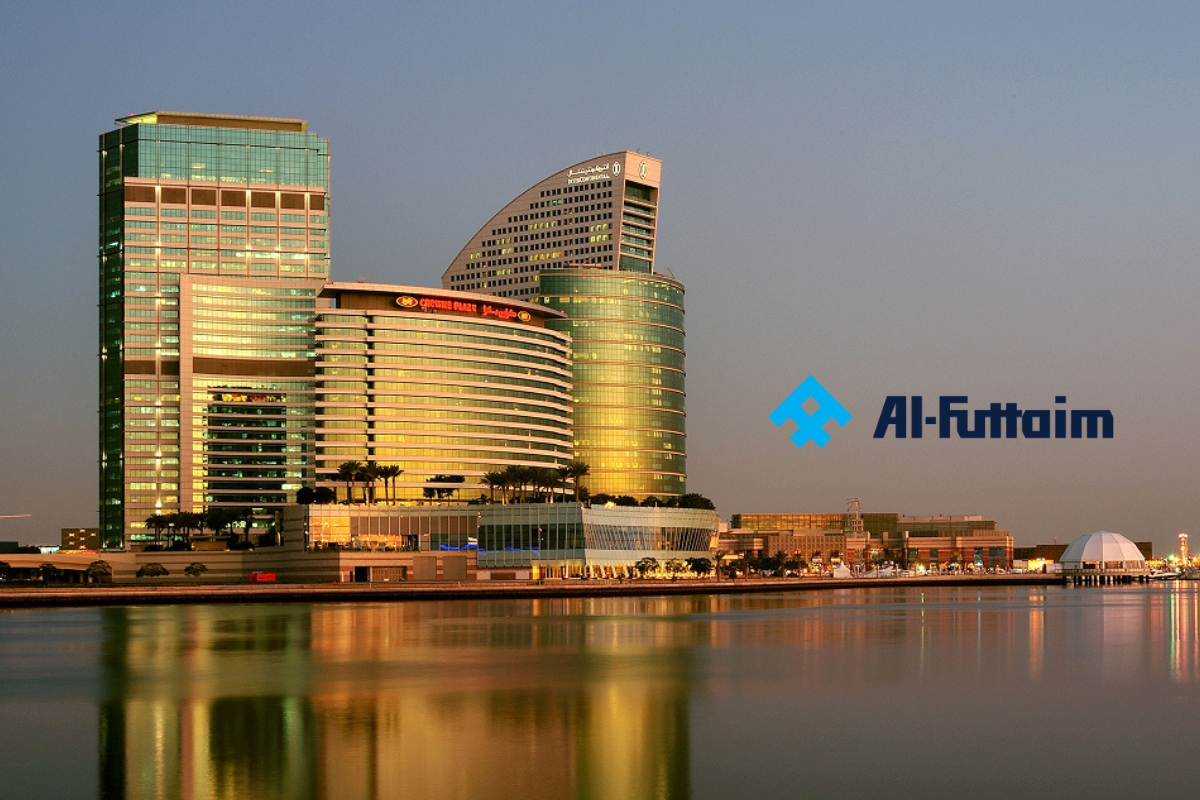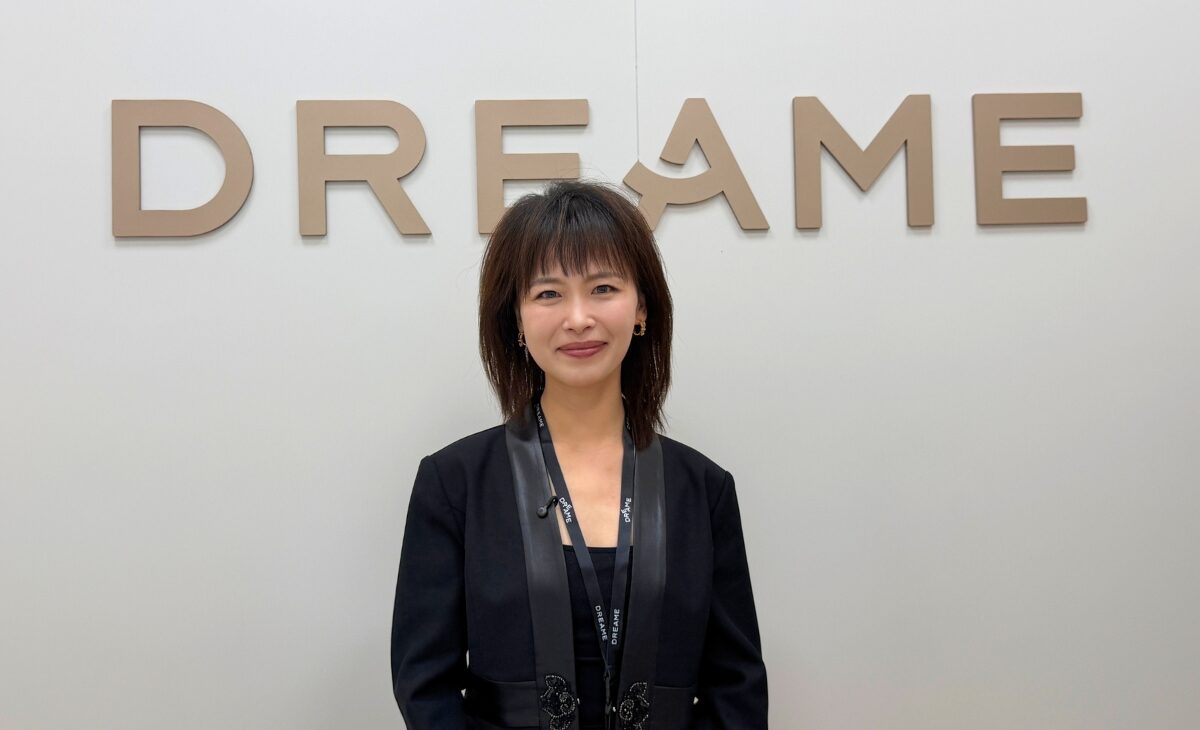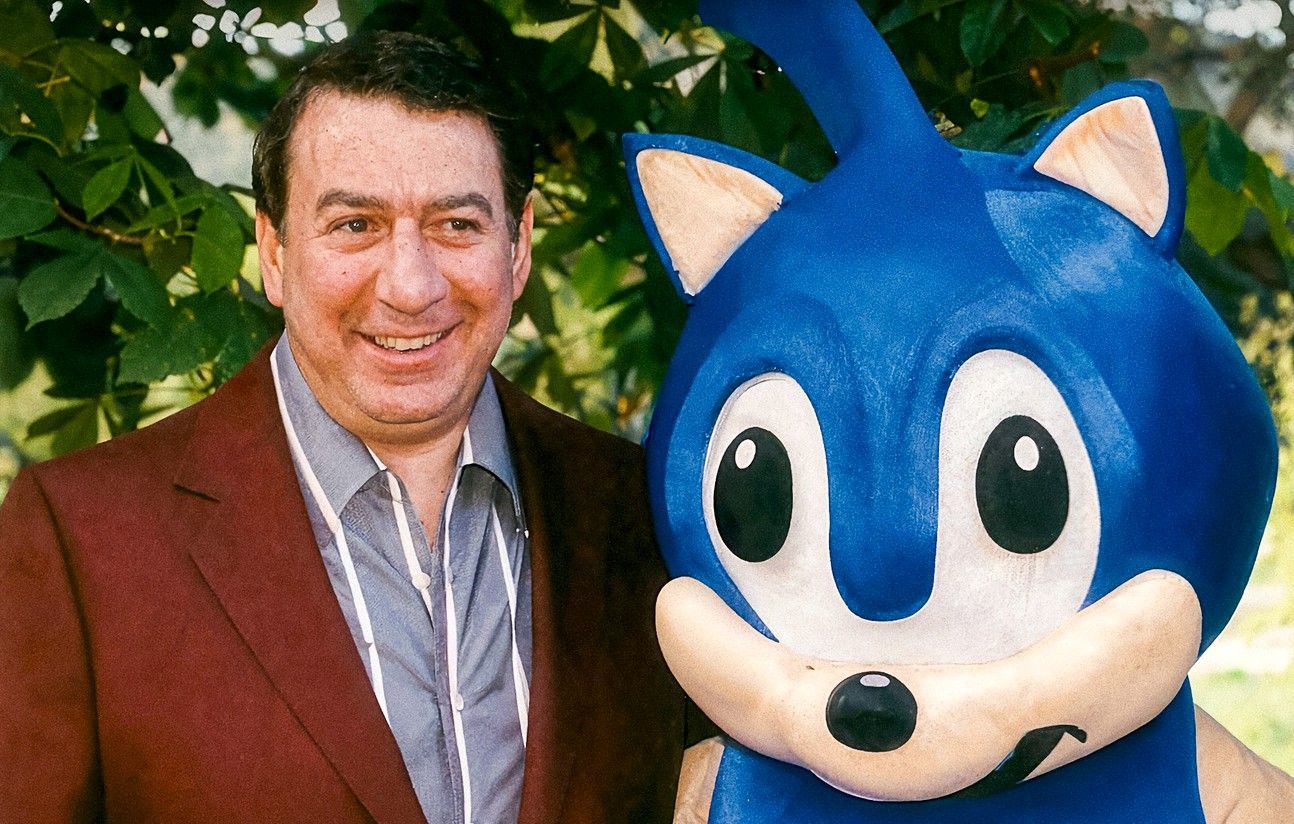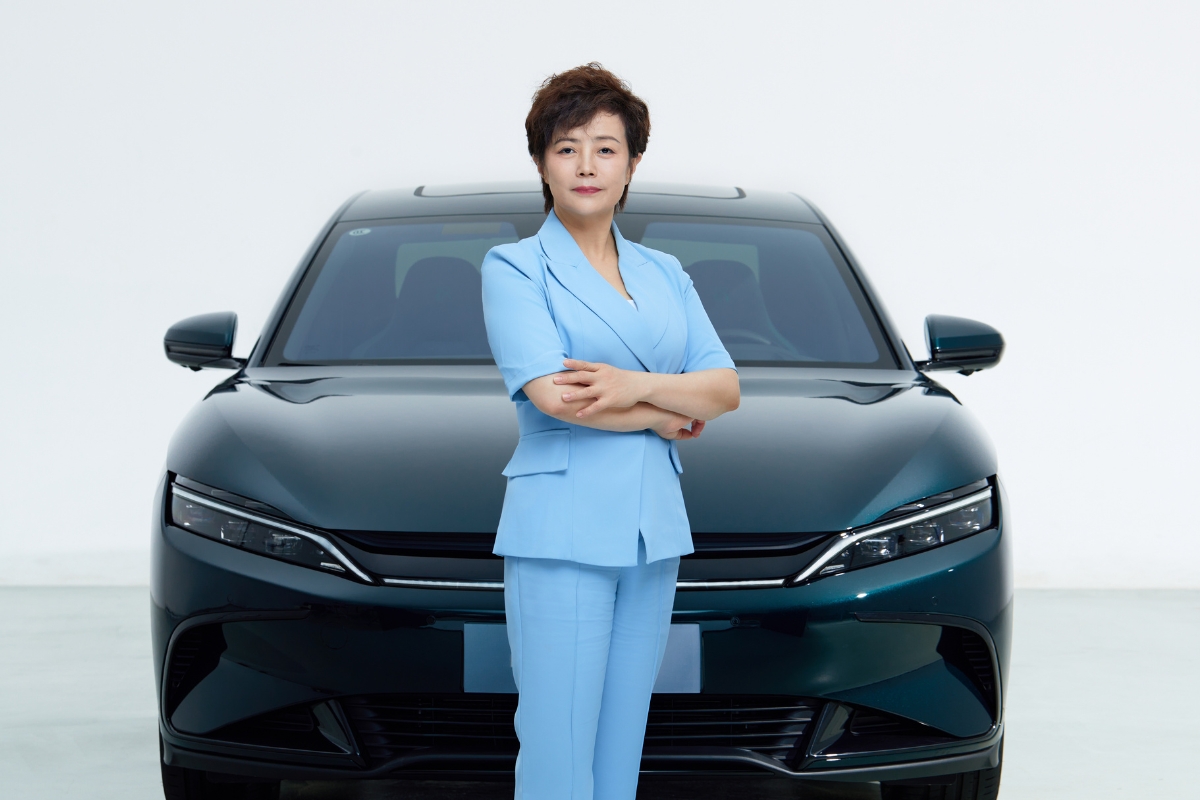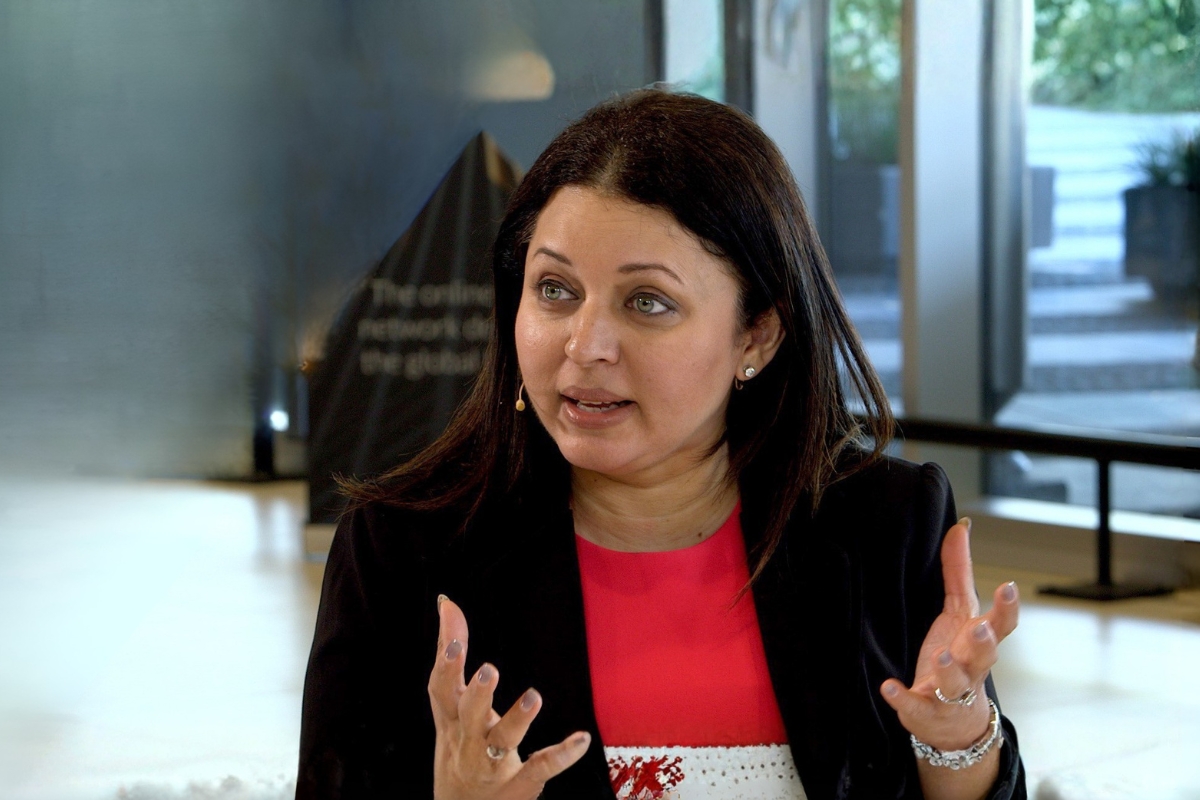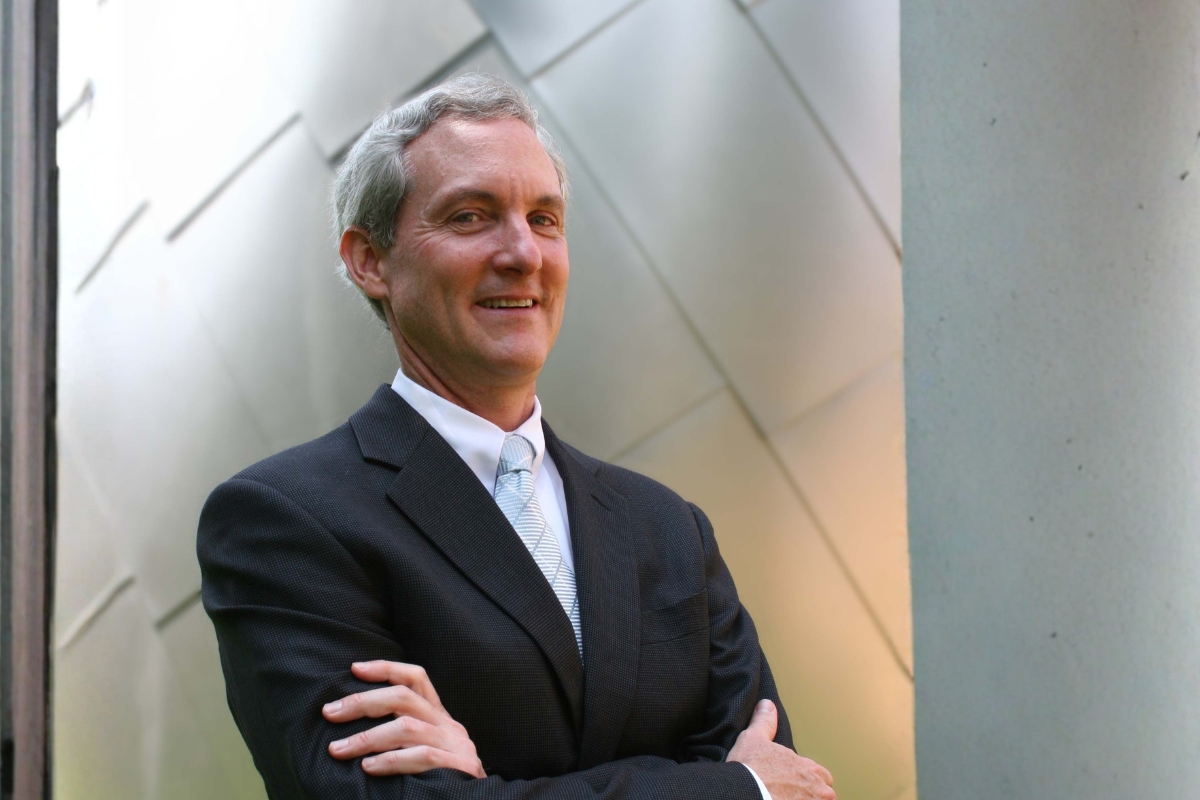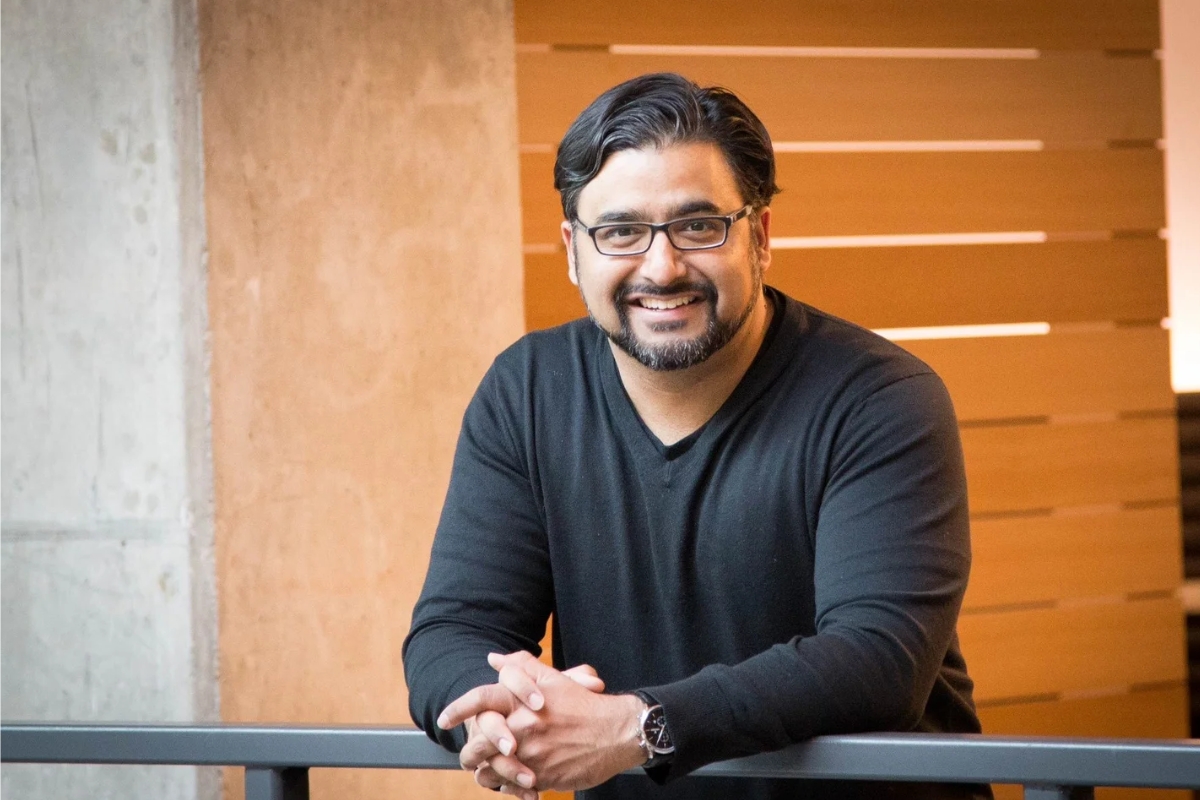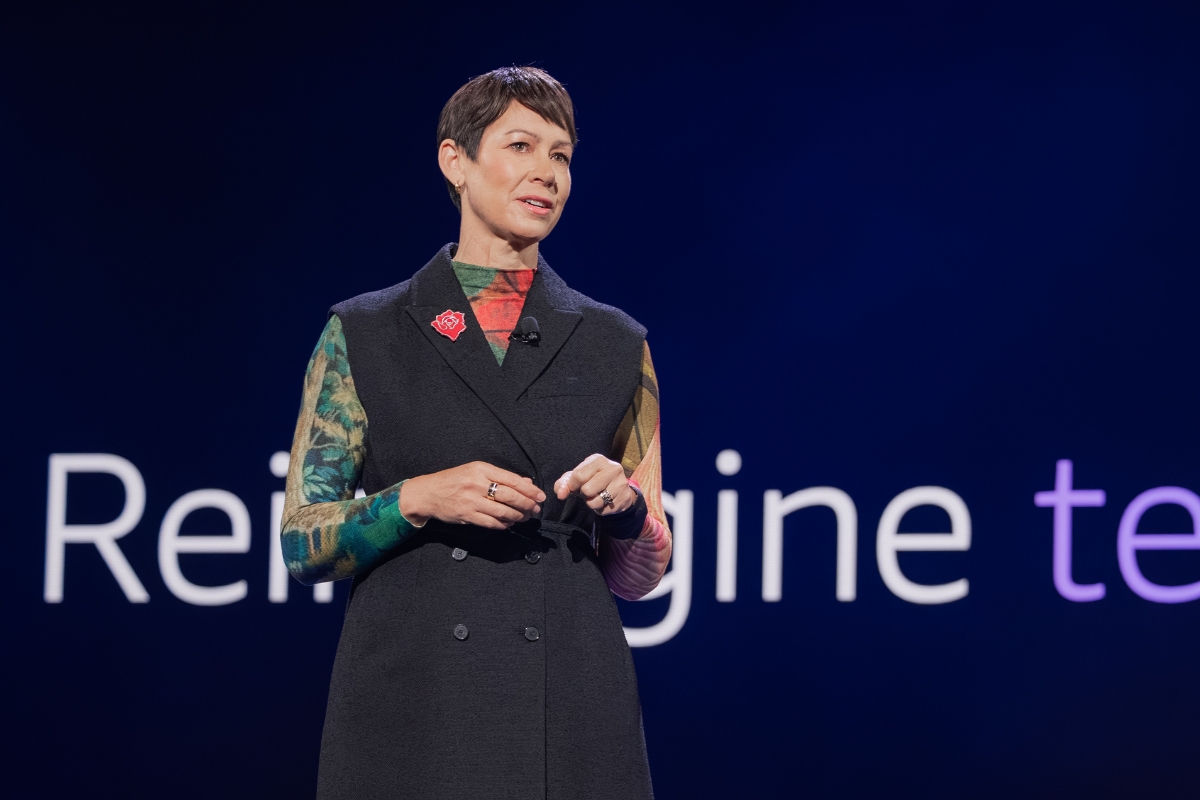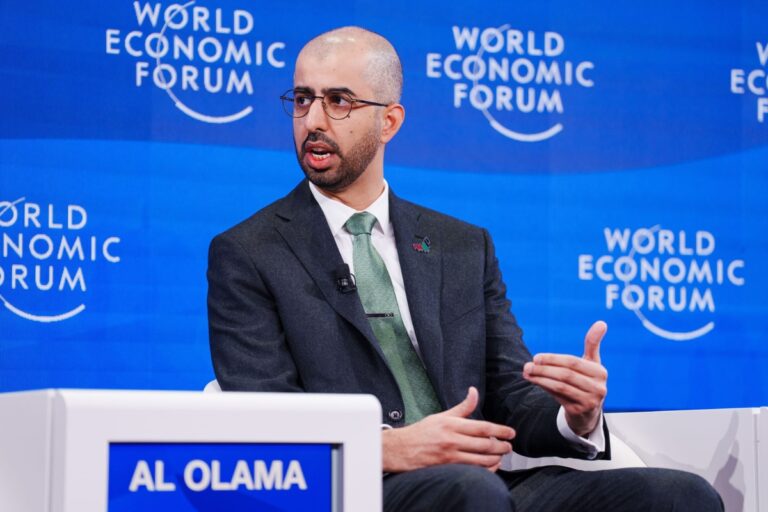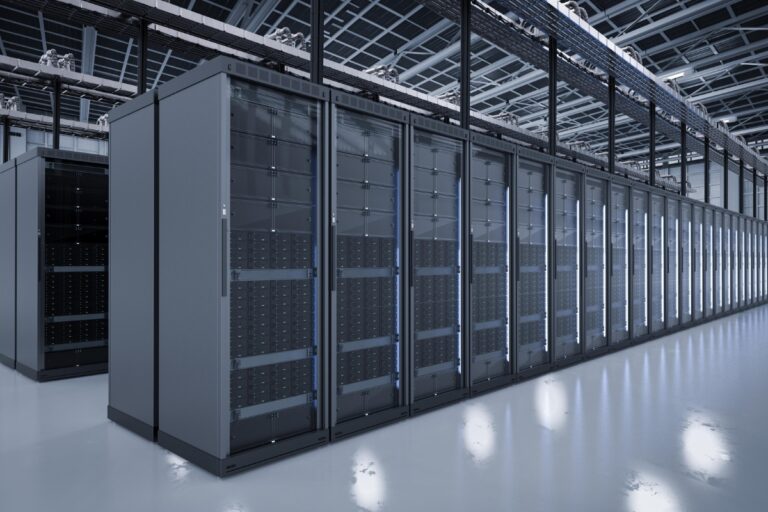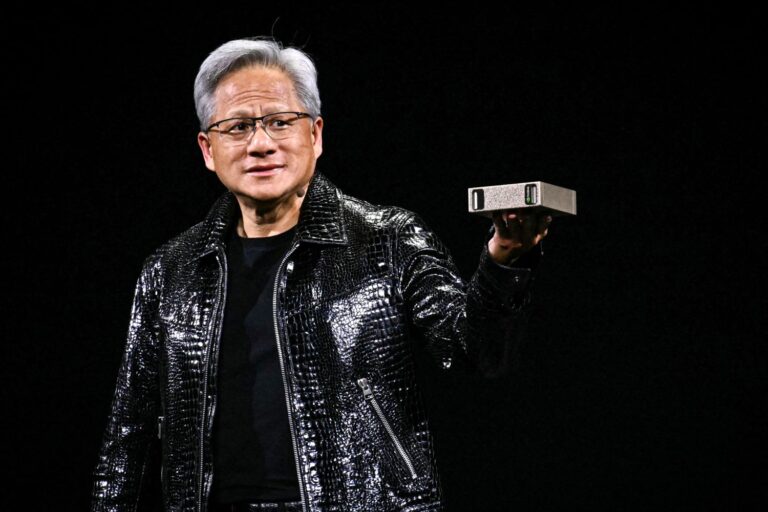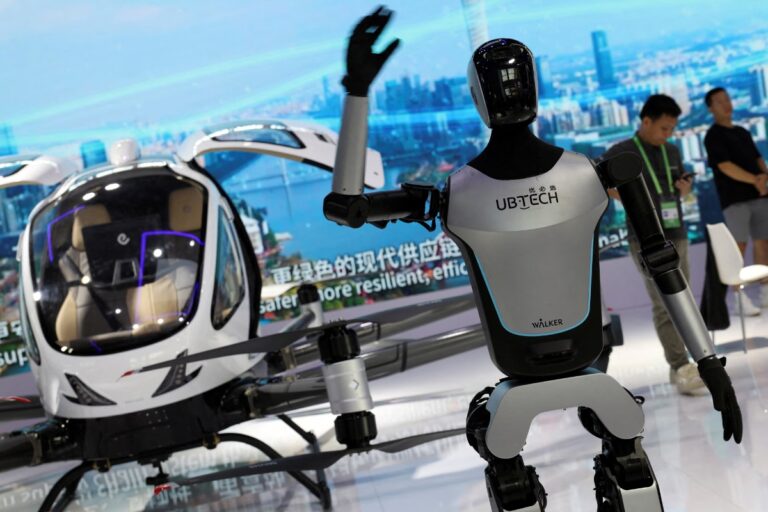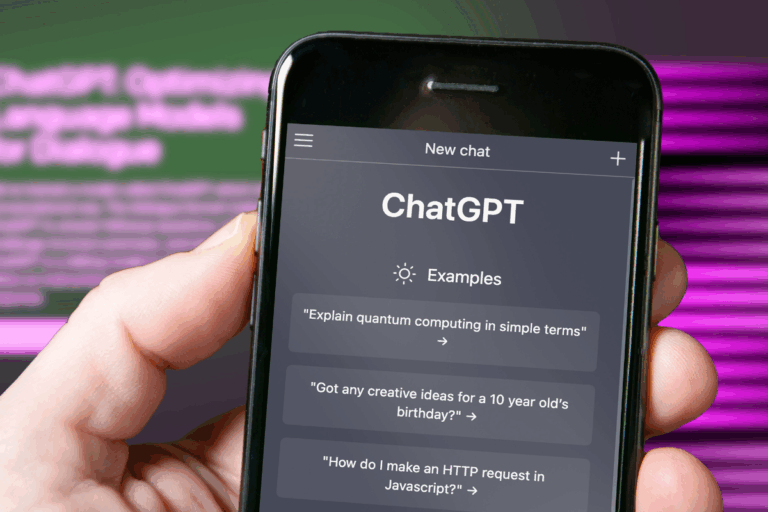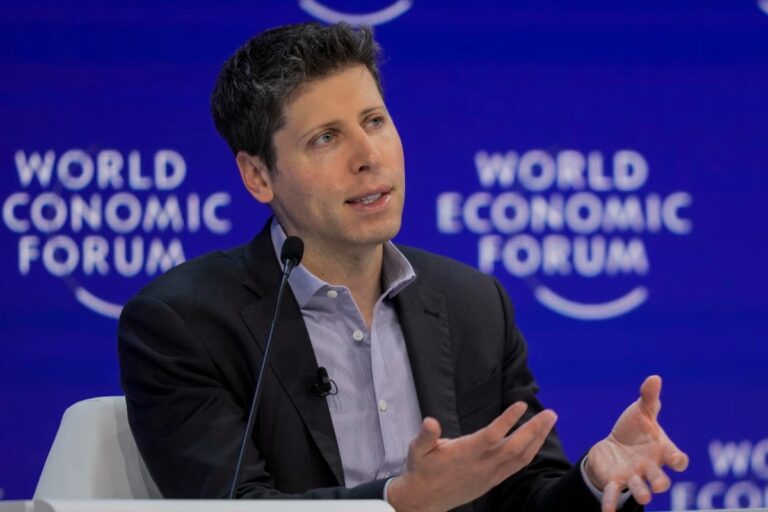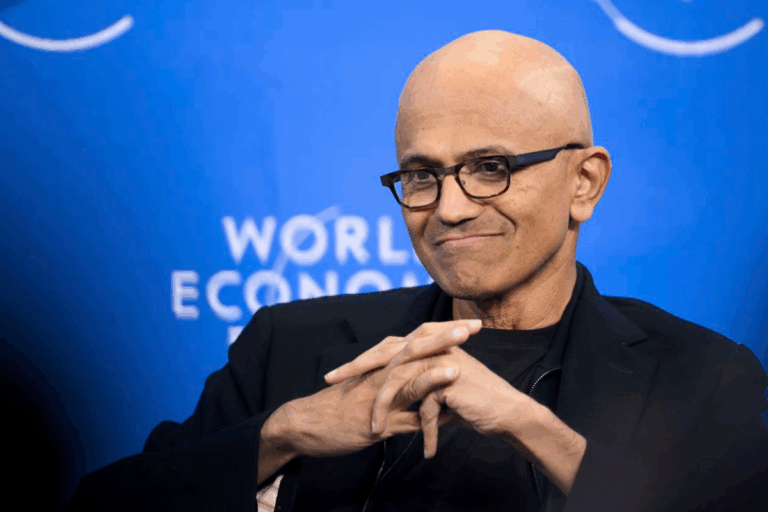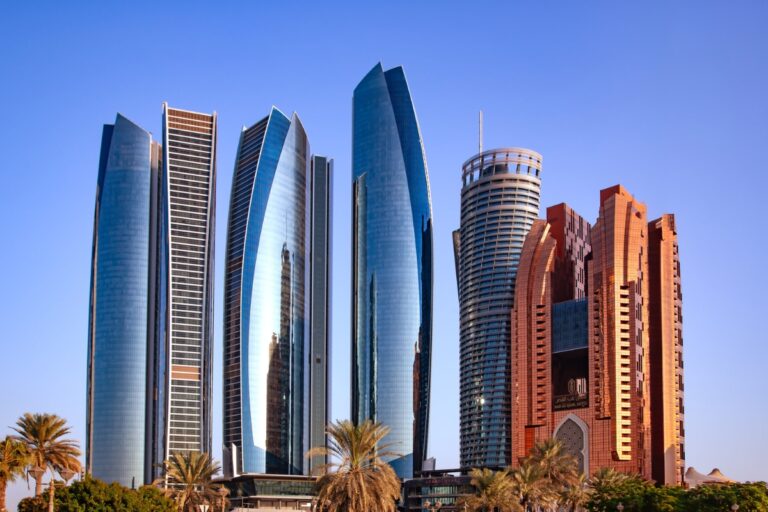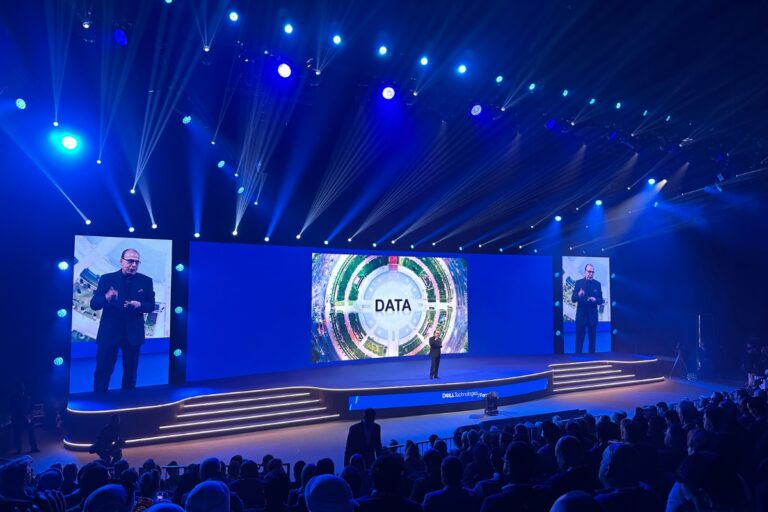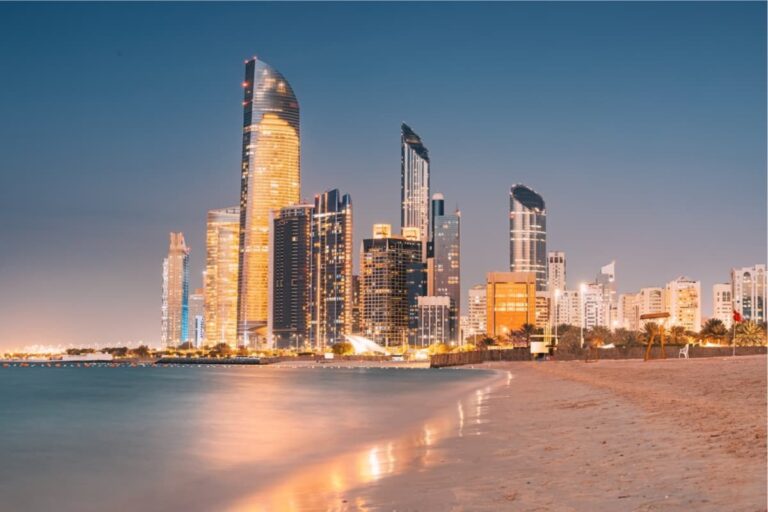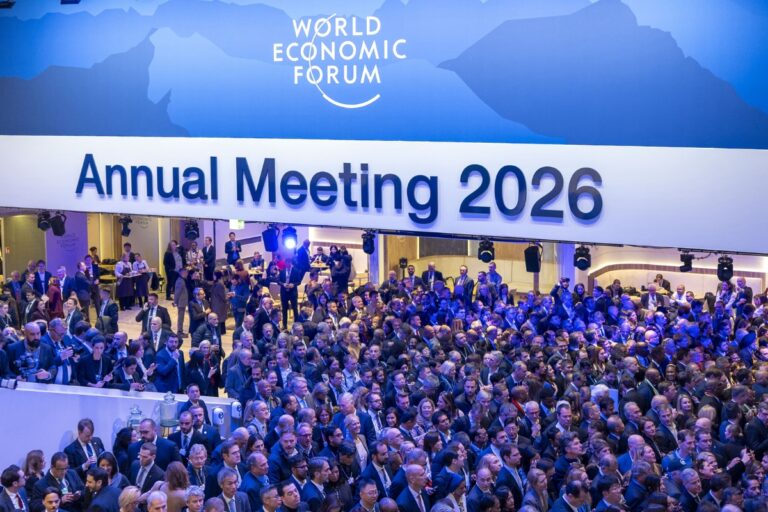Human-centric AI – Ertug Ayik MD and VP of HP MEA shares his vision
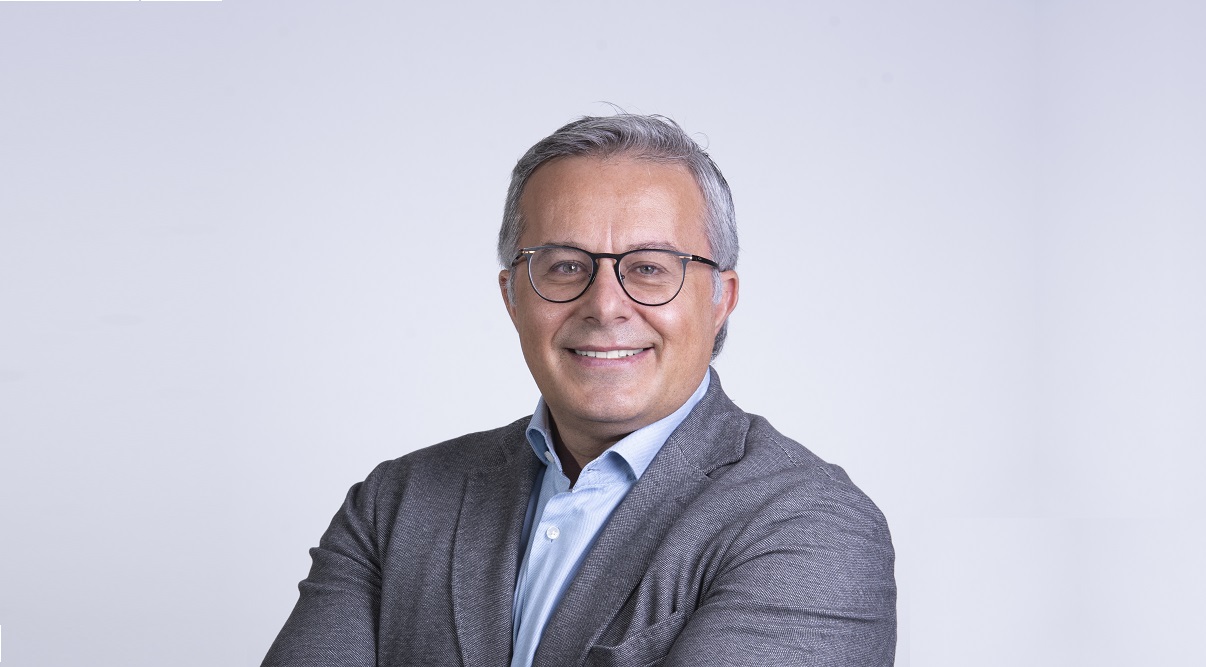
Recently, HP significantly expanded its Middle East operations, mainly by launching a manufacturing hub in Saudi Arabia. To discuss this expansion and HP’s general strategy, we met with Ertug Ayik, MD & Vice President, HP Middle East & Africa, who answered our questions and provided valuable context for the company’s efforts.
You’ve added local manufacturing in Riyadh and announced an AI R&D center in Dhahran. What were the reasons and goals for these moves?
We see a lot of potential in the Kingdom – not only because of its location and talent, but because of its apparent ambition to lead in technology and innovation. That is why we are investing in three key areas: manufacturing, AI research, and education. These are long-term commitments that reflect our intention to contribute to the country’s progress, support local talent, and stay close to a market that is helping shape the region’s future.
You oversee HP operations in tens of countries. How do you build your strategy to align with each country’s unique opportunities and requirements?
This region is incredibly impressive, both in terms of the speed of investment and the scale of progress. It is a fascinating place to be. At the same time, it is also one of the most diverse regions, with every country having its own priorities, challenges, and pace of change. That is why I rely heavily on the strength of our local teams. They are the ones who understand the context on the ground and help us shape strategies that are relevant and practical.
At the same time, there are common threads across the region. The future of work and AI are two of the most important. Whether it is a government looking to digitize its services or a business investing in upskilling, we see a shared focus and a collective vision on using technology to drive progress. Our role is to support that with the right solutions, partnerships, and long-term thinking.
You’ve argued for human-centric AI in devices. Could you outline your view on that and how to achieve it?
Human-centric AI is about making technology work for people. It should take away friction, help them stay focused, and make work feel more meaningful. The goal is not to replace people, but to give them more space for the work that matters.
That philosophy guides how we design our products. We have built AI directly into our devices, from intelligent performance features that optimize resources in the background, to on-device security that protects without getting in the way, to collaboration tools that make hybrid work feel more natural. These are not add-ons — they are practical ways to support people in their daily work.
We also look beyond individual devices. The Workforce Experience Platform, for example, utilizes AI to provide organizations with a clearer understanding of how technology is being used, enabling IT teams to anticipate issues and create smoother, more personalized experiences for employees. It is about creating workplaces where technology supports people, not the other way around.
This approach will also be central to what we highlight at GITEX this year, with our AI PCs and collaboration solutions showing how human-centric AI can be applied in real, everyday settings.
Many organizations remain hesitant to implement AI due to cybersecurity concerns. What are you doing security-wise to change that?
Cybersecurity is often the first concern that arises when organizations consider adopting AI, and with good reason. Threats are becoming more sophisticated, and no business wants to put sensitive data at risk. Our response has been to build security into the core of our devices. With HP Wolf Security, features like self-healing firmware, file isolation, and round-the-clock monitoring run quietly in the background to protect users without disrupting their work.
We are also applying AI within Wolf Security to spot and respond to risks faster. And with tools such as Protect & Trace with Wolf Connect, companies can remotely track devices and even disable them if necessary. The aim is simple: to give people the confidence that when they use our technology, security is already taken care of.
How do you balance your push for sustainability with your business goal of increasing product sales?
For us, sustainability has never been separated from business growth. It is built into how we design, build, and manage our products. The focus is on the entire lifecycle – from using recycled materials like ocean-bound plastics and metals, to making devices easier to repair, reuse, and eventually recycle.
Refurbishment is an integral part of that. Through our HOPE Recycling Futures program, for example, devices that would otherwise be discarded are securely refurbished and delivered to schools and communities that would not otherwise have access to them. That reduces waste, extends the life of our products, and makes technology more widely available.
This approach demonstrates that sustainability and growth are mutually reinforcing. Customers are increasingly seeking responsible choices, and when we deliver on this, it strengthens both our business and our impact.
As you have been with HP since 1997. What do you view as the cause for the company’s longevity and continuous success in the PC market?
Looking back over the years, what stands out is HP’s ability to adapt continually. We have consistently managed to combine strong engineering with a willingness to evolve in response to changing customer needs or market shifts. That balance between innovation and pragmatism has kept us relevant in the market for decades.
You can see that today in our AI PCs. They are the latest step in anticipating how people want to work and making sure our technology is ready for that shift. Just as we once focused on mobility or hybrid work, we are now building devices that put AI directly into users’ hands.
At the same time, our culture has been a constant. From the beginning, HP has been built on values of trust, responsibility, and a belief that technology should serve people. That combination of adaptability and enduring values is, I believe, the real reason for HP’s longevity.
